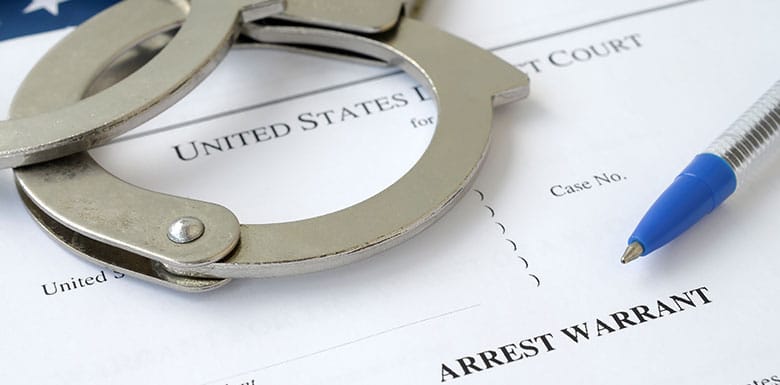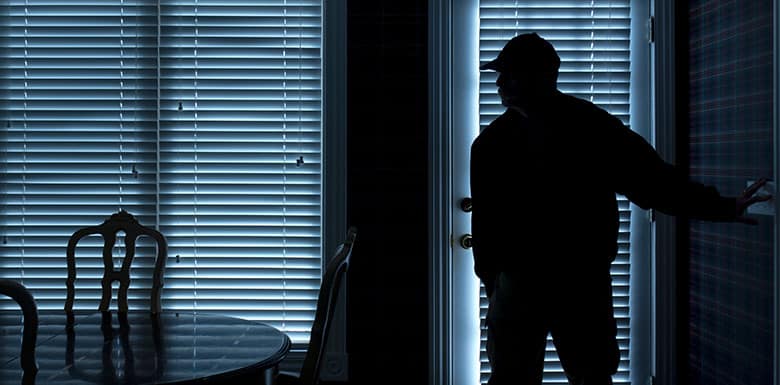Challenging Evidence in California Criminal Cases
The prosecution must prove your guilt beyond a reasonable doubt to get a conviction for a criminal offense. Understanding how evidence can be used against you and how it can be challenged is crucial for creating a robust defense.
Whether you’re facing charges for the first time, involved in a minor offense, or simply curious about the workings of the criminal justice system, here’s what you need to know about contesting evidence to get your charges reduced or dismissed.
Understanding Evidence in California Criminal Court
In criminal law, evidence is the cornerstone upon which cases are built and heard. Evidence can come in many forms, and whether it’s allowed in court depends on specific rules.
Types of Evidence
Physical and testimonial evidence are the most common types of evidence in criminal cases. Physical evidence includes anything tangible, such as fingerprints, weapons, drugs, and items containing traces of DNA or other forensic material. Testimonial evidence is what is said in court by a witness under oath.
Circumstantial evidence can also be used to support a criminal case. It is indirect evidence that doesn’t prove a fact, but requires that a judge or jury make an inference to connect it to the conclusion of guilt. This can include physical items found at the crime scene, forensic information like fingerprints, and behavior patterns of the accused that suggest guilt.
Admissibility of Evidence
For evidence to make it into court, it must be deemed admissible. Evidence might be excluded on grounds such as:
- Illegal Collection:If the police obtained evidence by violating your rights (like searching your car without a warrant), it might be thrown out.
- Reliability:Evidence should have a clear source and be proven reliable.
- Hearsay:This is secondhand information gotten from someone telling you what someone else said. In general, hearsay is excluded because it’s not as reliable as firsthand testimony.
Common Grounds for Challenging Evidence
Being accused of a crime can be overwhelming, but there are ways to fight back. One crucial area is challenging the evidence the prosecution uses against you. Here are three common grounds for challenging evidence and how they might impact your case:
Illegal Search & Seizure
The Fourth Amendment of the U.S. Constitution protects citizens from unreasonable searches and seizures by the government. This means that law enforcement can’t search or take your property without a warrant obtained with probable cause.
If you are stopped without a warrant or officers go beyond the terms set out in the warrant during their search (e.g., searching areas or seizing items not specified in the warrant), evidence obtained as a result can be challenged and potentially thrown out.
Chain of Custody Errors
The chain of custody refers to the paper trail that records the sequence of custody, control, transfer, analysis, and disposition evidence. Proper chain of custody is crucial to prevent and demonstrate the absence of evidence tampering, contamination, or mishandling.
If there are gaps in the record, or evidence wasn’t properly secured, that can provide a basis for challenging its integrity. Evidence that isn’t thoroughly documented and tracked can be susceptible to contamination or tampering, which your attorney can use to raise doubts about the prosecution’s ability to prove their case.
Relevance
Evidence must be directly related to the case, helping to prove or disprove a fact that is at issue in the trial. Irrelevant evidence can confuse the jury and distract from the key issues.
If the evidence does not have any direct bearing on a case’s facts, it may be challenged as irrelevant. For example, personal information about the defendant that does not pertain to the crime alleged. Evidence can also be excluded if it is overly prejudicial, meaning it could unduly sway the jury against the defendant without sufficiently contributing to determining the truth of the matter.
By challenging the relevance of evidence, the defense aims to prevent information from being considered that does not substantively add to the case or unfairly biases the jury.
How Your Attorney Can Help Challenge Evidence
The legal knowledge of an experienced attorney can make the difference in challenging evidence and potentially getting your charges reduced or dismissed. Here’s how your lawyer can help challenge evidence in the criminal process:
Pre-Trial Motions
Pre-trial motions allow your attorney to attack the prosecution’s case proactively. For example, they could file a motion to suppress evidence obtained illegally through a search and seizure violation. If successful, key pieces of prosecution evidence could be deemed inadmissible.
Presenting Counter-Evidence at Trial
If your case proceeds to trial, your lawyer can utilize the pre-trial groundwork and counter-evidence to dispute the prosecution’s claims through methods such as:
- Cross-Examination:Your lawyer will skillfully question the prosecution’s witnesses, highlighting inconsistencies or raising doubts about their credibility.
- Expert Testimony:They can present expert witnesses to challenge the prosecution’s interpretation of evidence (e.g., forensics, ballistics) and offer alternative explanations.
A skilled defense attorney not only focuses on what evidence to challenge but also on when to reveal counter-evidence. Using certain evidence at a strategic moment in the trial can have a powerful impact, particularly during cross-examination of prosecution witnesses or during the closing arguments.
Call Morris Law to Fight Your Criminal Charges Today
A criminal defense attorney’s ability to challenge evidence is central to your defense. In some cases, it can result in your charges being dropped before the case even makes it to trial. Challenging evidence requires deep legal knowledge, strategic thinking, and an understanding of California law and the practical workings of the courtroom.
Attorney Seth Morris has the skills and experience to successfully challenge evidence in your criminal case in California. The sooner you call, the better your chance of achieving a favorable outcome.
Contact us today at 510-225-9955 to schedule a free initial consultation.



